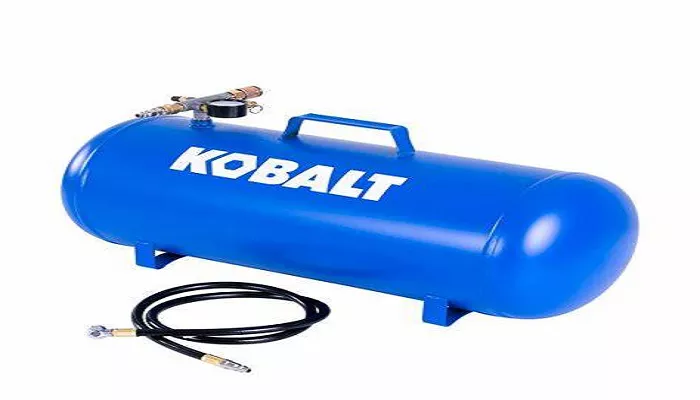Air compressor tanks are critical components that store compressed air for various industrial, commercial, and personal applications. The material used in their construction determines their durability, safety, and performance. This article provides a professional analysis of the materials used in air compressor tanks, their properties, advantages, disadvantages, and key considerations for selection.
The Importance of Air Compressor Tank Materials
Pressure resistance: The tank must handle the maximum PSI (pounds per square inch) without deformation.
Corrosion resistance: Moisture in compressed air can cause rust, weakening the tank.
Durability: The material should have a long lifespan under cyclic pressure loads.
Weight: Lighter tanks are easier to transport but must still be strong.
Cost: The material should balance performance and affordability.
The most common materials for air compressor tanks are steel, aluminum, and composite materials. Each has unique properties suited for different applications.
Aluminum Air Compressor Tanks
Properties
- Lightweight (about 1/3 the weight of steel).
- Naturally corrosion-resistant.
- Good strength-to-weight ratio.
Advantages
Rust-Proof: Does not corrode like steel, even in wet conditions.
Easier to Transport: Ideal for job site compressors.
Lower Maintenance: No need for internal coatings or frequent draining.
Disadvantages
Lower Pressure Tolerance: Typically used for compressors under 150 PSI.
More Expensive Than Carbon Steel: Higher material cost.
Less Durable Under Impact: Can dent or deform if mishandled.
Common Applications
- Portable air compressors for construction and automotive use.
- Home garage compressors where weight is a concern.
Composite Air Compressor Tanks
Properties
- Extremely lightweight.
- High strength-to-weight ratio.
- Non-corrosive.
Advantages
Lightest Option: Ideal for ultra-portable compressors.
No Rust: Perfect for humid or outdoor use.
Impact Resistant: Less likely to dent compared to aluminum.
Disadvantages
High Cost: More expensive than steel or aluminum.
Limited Pressure Ratings: Usually below 200 PSI.
Less Common: Fewer manufacturers produce composite tanks.
Common Applications
- High-end portable compressors.
- Specialized applications where weight is critical (e.g., aerospace, military).
Key Considerations When Choosing a Tank Material
Intended Use
Industrial/Heavy-Duty: Carbon or stainless steel (high pressure, long lifespan).
Portable/Job Site: Aluminum or composite (lightweight, rust-resistant).
Marine/Humid Environments: Stainless steel or aluminum.
Maintenance Requirements
- Steel tanks need regular draining and coating.
- Aluminum and composite tanks require minimal maintenance.
Budget
- Carbon steel is the most affordable.
- Stainless steel and composites are premium options.
Longevity
- Steel lasts longest if maintained properly.
- Aluminum and composites last long with minimal upkeep.
Manufacturing Processes for Air Compressor Tanks
Welded Steel Tanks
- Steel sheets are rolled and welded together.
- Must pass hydrostatic testing to ensure no leaks.
Extruded Aluminum Tanks
- Aluminum is molded into shape, reducing weak points.
- Often used in smaller, portable compressors
Conclusion
Choosing the right material depends on application, budget, and maintenance preferences. Understanding these factors ensures optimal performance, safety, and longevity of your air compressor system.By selecting the appropriate tank material and following proper maintenance, users can maximize efficiency and safety in any compressed air application.

